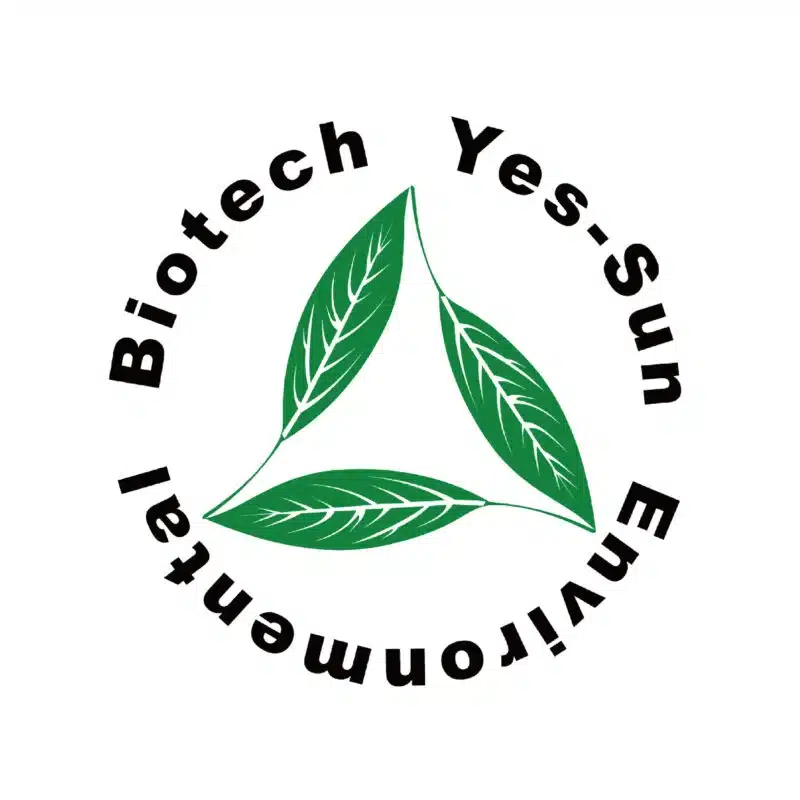Municipal solid waste management in Asian cities

Developing countries in Asia share similarities in their municipal solid waste management (MSWM) practices, waste composition, and characteristics. Despite allocating a significant portion of their annual budget (20-50%) to MSWM, many cities still struggle with uncollected waste (30-60%) and inadequate service coverage (less than 50% of the population).
The composition of MSW in developing Asian countries is predominantly organic waste, and waste collection often occurs without proper separation at the source. Landfilling remains the most common treatment method due to its low cost and convenience. However, the majority of landfills in these countries are poorly designed and maintained, resulting in open and unsanitary dumpsites.
The lack of proper MSW collection and treatment systems contributes to severe public health and environmental issues. Open dumping and landfill disposal of organic waste, in particular, contribute to global warming through methane gas emissions. Therefore, there is a significant untapped potential in converting this organic waste into resource recovery systems. Such systems can extend the lifespan of landfills, provide economic and environmental benefits, and alleviate the growing pressure on municipalities in managing the increasingly complex nature of MSWM.
The potential of composting in municipal solid waste management
Figure 1 illustrates the composition of municipal solid waste (MSW) in six Asian countries. The data reveals that organic waste constitutes over 50% of the total MSW generated in these countries. Developing countries exhibit MSW with higher density and moisture levels, primarily consisting of organic waste with low caloric values (averaging 700-1,000 kilocalories). This high-moisture waste, resulting from the significant proportion of organic waste, lends itself better to biological treatment rather than thermal treatment.

Municipal waste compositions vary in Sri Lanka, Bangladesh, India, Thailand, Indonesia, and PR China. In these developing countries, organic waste management primarily relies on two biological treatment methods: aerobic composting and anaerobic digestion (AD). AD offers the advantages of both material and energy recovery. Material recovery results in compost fertilizer, while energy recovery yields electricity and heat. AD plants have gained popularity due to these benefits, particularly for treating animal manure, kitchen waste, and agricultural waste, which typically have uniform and pure organic content.
However, attempts to apply AD technology to treat municipal solid waste (MSW) have encountered challenges in many Asian cities where waste segregation at the source is poor. The implementation of AD technology for MSW is hindered by high upfront investment costs, ongoing maintenance expenses, and technical skill requirements. Several cities in India, such as Delhi, Bangalore, and Lucknow, have faced difficulties and limitations in implementing municipal waste AD plants. Similarly, China has also encountered operational challenges and problems with AD plants for municipal waste.
Marketing Prospects:
Traditionally, leaves and branches are either incinerated or composted. However, burning these organic wastes not only contributes to air pollution but also results in the loss of valuable organic matter. Conventional composting methods rely on microbial decomposition, which can take 2 to 3 months to complete and requires significant time and space. To address this issue, Rapid Treatment Technology offers a potential solution for efficient organic waste recycling.
Rapid Treatment Technology can be applied to process various organic wastes from agriculture, forestry, fisheries, livestock husbandry, and other sources. It combines physical, chemical, and biological systems to achieve an economical, fast, efficient, and pollution-free approach. One of the key advantages of this technology is that the resulting products can be marketed as agricultural additives, fertilizers, or animal feed. This not only reduces production costs but also increases farmers’ income.
Prospects for environmental protection and integrated agriculture:
Composting-free technology offers a rapid and pollution-free approach to treat organic waste. It can effectively process various types of organic waste by utilizing modified devices designed to accommodate different conditions. This technology is versatile and adaptable, making it suitable for all types, stages, and capacities of organic waste.



 中文 (台灣)
中文 (台灣) Bahasa Indonesia
Bahasa Indonesia Tiếng Việt
Tiếng Việt Bahasa Melayu
Bahasa Melayu Français
Français Español
Español Português
Português